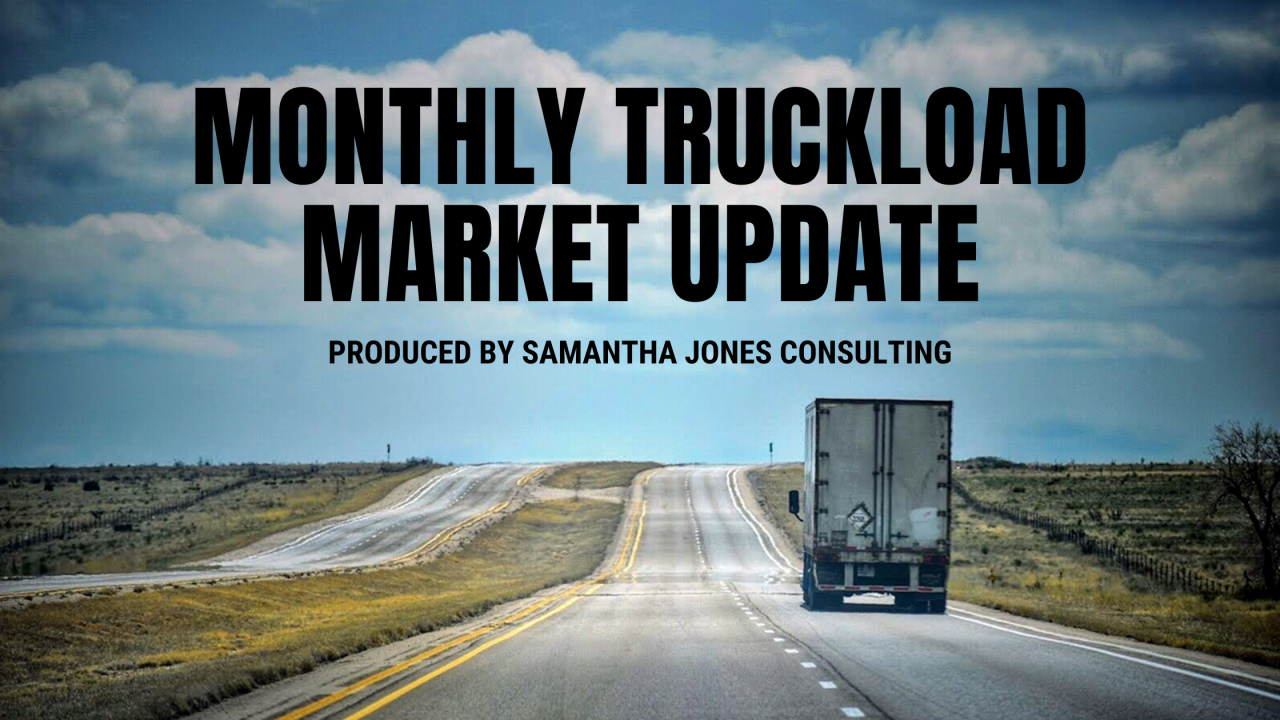
Steven Kalnitzky, Director of Product Management at Trimble, specializing in the Appian and Truckmate product lines, addressed the dramatic evolution of asset carrier needs, particularly for private fleets, during the latest Trimble Insight Conference in New Orleans.
Private fleets traditionally exist as a cost center, operating primarily to provide the highest levels of customer service rather than to maximize profit like for-hire carriers. Kalnitzky observes that in the last five to ten years, "the definition of customer service has changed dramatically." Consumer behavior, escalated by companies like Amazon, has placed expectations "through the roof" on distributors, demanding world-class service 24/7, coupled with expectations of low prices.
For fleets navigating these demands while maintaining cost-effectiveness, technology adoption is key. Kalnitzky categorizes current necessary technologies into three levels:
Kalnitzky advises fleet leaders heading into 2026 to avoid trying to "boil the ocean." Instead, focus on high-priority items based on the fleet's core mission—for private fleets, this is customer service; for for-hire carriers, it’s cost per mile and retention. Incremental, stair-stepped improvements are crucial, as "you can make small changes, get small benefits along the way."

The final Truckload Market Update of 2025 is here! Inside, we’re revisiting last December's forecast, sharing expert predictions for 2026, and breaking down yesterday’s Fed rate cut and current truckload rates. Plus, grab a $200 discount for Manifest and check out the latest Meet Me For Coffee episodes. A huge thank you to sponsors Watco and BiggerPicture for their support this year—Merry Christmas, and see you in 2026!
Read More
This month's truckload market update covers rates, capacity, the economy, inflation, and political news affecting the supply chain.
Read More
Celebrating two years of publishing my monthly industry report through SJ Consulting! This edition explores inflation, wage growth, AI’s impact on labor, the Fed’s path, truckload rates, and more.
Read More